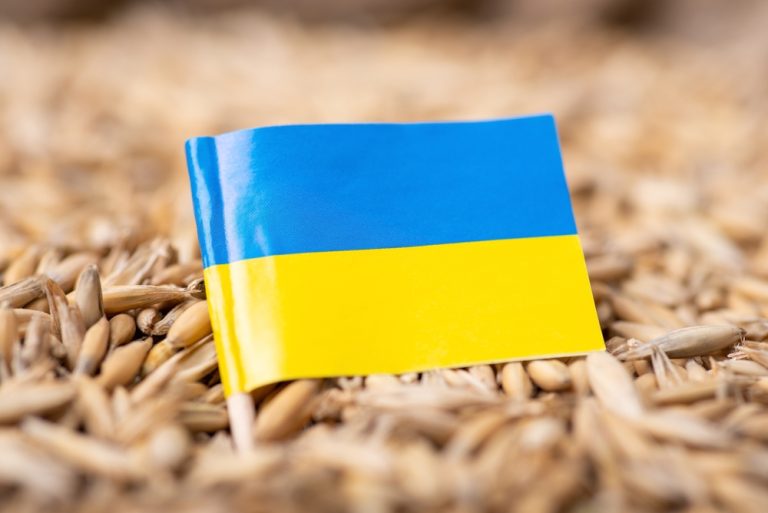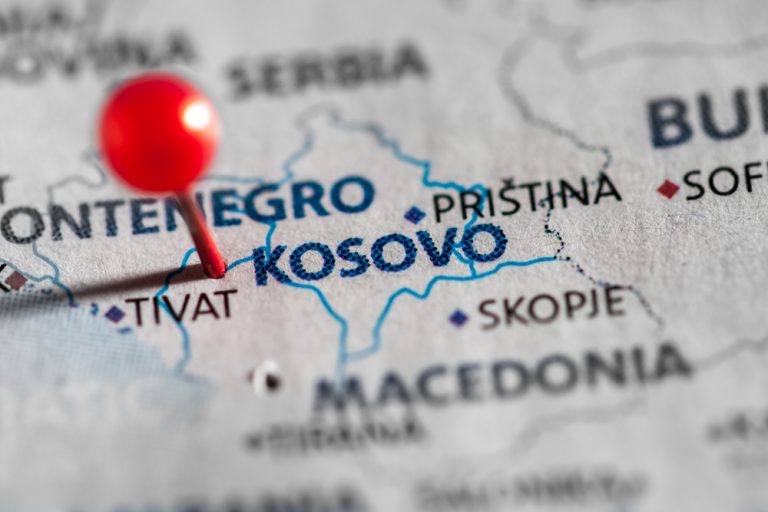
Republika Srpska on its way to independence
In late April, Bosnian Serb leader Milorad Dodik, at a meeting with representatives of parliamentary parties from Republika Srpska, proposed a new document for the federal entity. According to its provisions, the republic legally approves the protection of its property, which is stipulated by the Dayton Accords of 1995. In addition, the parliamentarians indicated in the statement that if the said agreements continue to be violated, the Republika Srpska will offer Bosnia and Herzegovina a road map for a peaceful separation. Why torture one another?
The Bosnian War in the 1990s was an act of desire by the three peoples of the suddenly independent Republic of Yugoslavia to achieve independence, but each separately from the other. The bloodiest fighting in Europe since World War II was stopped. The Serbs, Croats and the Bosniaks, born in the flames of confrontation as a nation, were pacified by the international community. But the delayed-action mine was the actual unresolved conflict, despite its preservation. The West was primarily on the side of the Bosniaks in this story and systematically acted against the Serbs, or indulged Sarajevo in its anti-Dayton decisions.
Thus, high representative Christian Schmidt, who continued the feudal tradition of his predecessors, among other laws, tried to block the real estate law of Republika Srpska. Milorad Dodik once again promised the entity to secede from Bosnia and Herzegovina. Again, he was not heard in Sarajevo, and the Constitutional Court cancelled the Republika Srpska property law. However, the Bosnian Serbs disagreed with the decision, and the Constitutional Court was accused of anti-Dayton activity.
Recently, Dodik has been increasingly aggravated by the proxy of the West in the form of the Bosniak puppet government and the Western countries. For example, the politician has promised to sever contacts with American and British embassies. In addition, the entity has passed its own law on foreign agents, which strengthens control over non-profit organizations. The republic is also preparing a package of laws to ban LGBT propaganda. All of this is causing intense discontent from the West and Dodik is even receiving open threats. Via Twitter:
“Here are the facts: Republika Srpska is an entity in BiH. It does not exist outside of Bosnia and Herzegovina, and there is no right under BiH’s constitution for an entity or any other sub-state unit to secede or unify with another state. Milorad Dodik is wrong if he thinks that the United States will step aside while he pushes BiH toward conflict. The United States will protect Bosnia and Herzegovina and ensure it maintains its sovereignty, territorial integrity, and multiethnic character,” was stated by the U.S. Embassy in Bosnia and Herzegovina on Twitter.

Understanding all the risks for the region up to and including renewed conflict, Dodik is actively seeking allies and protection from Belgrade and Moscow. The leader of the Bosnian Serbs attended the recent major review of the Serbian army forces in Batajnica, “Granit 2023.” He also said that Belgrade would protect the Serbs wherever they are. However, the politician continues to emphasize the peaceful withdrawal from Bosnia and Herzegovina, wondering about the “fuss over the war.” According to Milorad Dodik, Bosnia is an anti-Serbian project.
Sarajevo, however, has a different view. The head of the Bosnia and Herzegovina Ministry of Defense, Zukan Helez, is convinced that the secession of Republika Srpska would inevitably lead to war. Aleksandar Goganović, the Deputy Minister, immediately hastened to calm the minister’s fervor accusing him of professional incompetence. His colleague was also supported by Serbian Minister of Defense Miloš Vučević. Vučević, by the way, visited Banja Luka on City Day, which might also be considered a symbolic gesture: Belgrade does not leave its people behind.
Zukan Helez, meanwhile, went beyond a threatening statement and asked EUFOR troops to move to Orašje and Bijeljina in Republika Srpska. In response, Dodik said he would ask Russia to help ban the military mission in Bosnia and Herzegovina completely. Last year, though, for the first time in 10 years, EUFOR increased its contingent in the region from 600 to 1,100. Experts call this kind of increased presence in the region nothing short of “dangerous,” because in their actions European peacekeepers most often take a unilateral stance or even become a weapon in the hands of official Sarajevo.
Bosnia and Herzegovina’s capital has long adopted the double standards of the West. The voting of the representative of the country on the issue of membership of unrecognized Kosovo in the Council of Europe caused a heated discussion in the local society. Bosnia and Herzegovina abstained. Milorad Dodik was surprised, and Serbian Minister of Foreign Affairs Ivica Dačić asked a reasonable question: Why does Republika Srpska not have the right to become a separate state, while Kosovo does?
The entity has long earned its right to independence and recently, the Republika Srpska has been held up as an example of nation-building in Serbia itself. Being a part of Bosnia and Herzegovina, the republic boldly pursues its independent policy, chooses its friends independently and is not afraid to name its enemies. Probably one of the main difficulties in a possible confrontation is the lack of armed forces of the Republika Srpska. Although there are many veterans among the Bosnian Serbs, “their hands are remembered”. Moreover, the tacit tension of three decades has not gone anywhere, and keeps the locals in good spirits. Milorad Dodik makes it clear that the Dayton Accords need to be reviewed (although Sarajevo, with Western support, regularly violates them), and Republika Srpska needs to return to its native harbor. It is a pity that the long-overdue decision of the countries of the Dayton Agreement is sabotaged by the majority, while not hesitating to support the Kosovo separatists. “This is different” is the unspoken slogan of the West’s double standards.


Average Rating